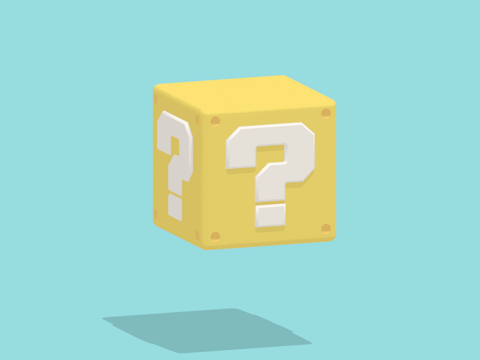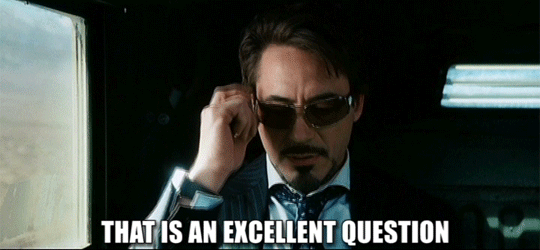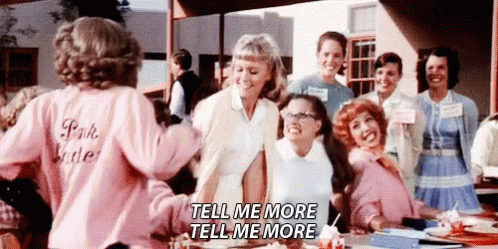app design user research questions
In my experience as a product designer, there's nothing more eye-opening than talking to users and directly hearing their thoughts, frustrations, and joys.
Because of this, I think user interviews are one of the most powerful methods of user research, but they're also one of the simplest ways to learn about users — they're just conversations.
I often hear members of Engineering, Product, and Design teams say that they should conduct user research or that they wish they talked to users more often—but there's a gap between good intentions and actually doing user research.
If this rings true to you, I think user interviews are a perfect place to start.
Talking to users is not something that every member of an EPD team knows how to do by default, but it is something that everyone can learn to do (and something that all product builders should take responsibility for — engineers, product managers, and designers should all feel equally empowered to go out and learn from users.)
In order to have insightful conversations with users, the main thing you need to do is this:
Learn how to ask good questions.
When you talk to users, your goal is to learn about them and their problems; to do that, all you have to do is ask! I've put together my favorite question-asking techniques below to hopefully kick-start your ability to do more user research.

"Curious commands"
This is my number one secret to asking good questions:
Don't ask a question at all; instead, urge the participant to tell you specific information.
I call this question-asking format "curious commands." Here are some examples:
- Tell me about…
- Describe a time…
- Share with me…
- Talk some more about…
- Help me to understand how…
- Explain what you're seeing here…
- Show me what you would do next…
- Share with me what you were thinking…
While perhaps a bit "softer", my personal favorite curious command is, I'd love to know… . I've found it to be a great conversation starter because it has a level of a kindness and empathy while still being direct about what I want to learn.
If you're not feeling totally confident in your interview skills, curious commands help you project confidence and clarity. They say, "I am leading this conversation, and this is specifically what I want to learn from you." If you seem confident and clear with your expectations, it helps the participant relax and start to have a more natural conversation.
Curious commands also help you ask questions that are short and easy to understand. When you're nervous, it's easy to ramble on and accidentally ask a question that confuses the participant (see double-barreled questions). If that happens, try rephrasing in a curious command format.

Storytelling prompts
Asking questions that get the participant to tell you a story is a great way to learn how users think from start to finish.
For example, try to learn about how a user does something:
- Imagine you just got budget to hire a new designer. How would you go about advertising the job?
- Tell me how you would work with your hiring team on this job?
- Can you demonstrate how you use this website to check the performance of your job post?
- When you [are in this situation], how do you get started?
Or ask the participant to chronologically recount events from their life:
- Tell me about the last time you took a picture on your phone. What did you do first?
- When you planned your last vacation, how did you get started?
- Walk me through a normal day at work, from when you arrive to when you leave.
Storytelling questions have great bang-for-your-buck; you only have to ask one question to generate a lengthy response from your participant.
Follow-up questions
Using storytelling prompts or curious commands is a great way to start a conversation. As you listen to the participant talk, note the statements that catch your interest, then ask for more details!
- Why is that?
- When did you notice that?
- How do you do that?
- How come you feel that way?
- What's an example of that?
- What's the reason for that?
- That's interesting. Tell me more.
If you take nothing else away from this article, I want you to understand the power of "tell me more about that."
In the course of a research conversation, the participate will talk about any number of their behaviors or opinions (I never use that feature or these settings are really confusing.)
Don't let valuable insights go to waste! Learn why the participate feels that way by saying, tell me more about that.
This simple question makes all the difference in really understanding what a user thinks on a deeper level. For instance, if a user says, the calendar picker is really difficult to use, you have learned something important: there might be a problem with the calendar picker. But that's where your insight ends. You can't really act on that insight! What specifically is wrong with the calendar picker?
If you follow-up the user's statement with, tell me more about that, or, why is it difficult to use?, they might tell you, it's really small and I can't read it, or, it doesn't highlight today's date. Those are specific problems that you can fix.
Don't be afraid to ask Why? several times to really get to the root of a problem.

Neutral and open-ended questions
Open-ended questions begin with words like Where, What, When, Why, or How. Avoid starting questions with words like Did or Was that will result in a yes or no answer.
For example, if you ask, Did you have a fun weekend?, you will probably get a short response like, Yes it was good. Your conversation has come to a halt.
But if you ask, What did you do this weekend?, you will probably get a whole story about that person's great hiking trip or the new restaurant they tried, which is much more informative.
Also, try to avoid using words that are inherently biased or imply an opinion one way or another.
For instance, if I ask a user, Did you find that website helpful ? I have already implied that they might have had a positive reaction. Their response might be biased by my use of a positive word like helpful.
But instead if I ask a user, What did you think of that website?, I have not implied a reaction one way or another. The response I get will be purely in the user's words.
app design user research questions
Source: https://medium.com/envoy-design/how-to-ask-good-questions-and-level-up-your-user-research-skills-19fd28b275a4
Posted by: galvanlaideard.blogspot.com

0 Response to "app design user research questions"
Post a Comment